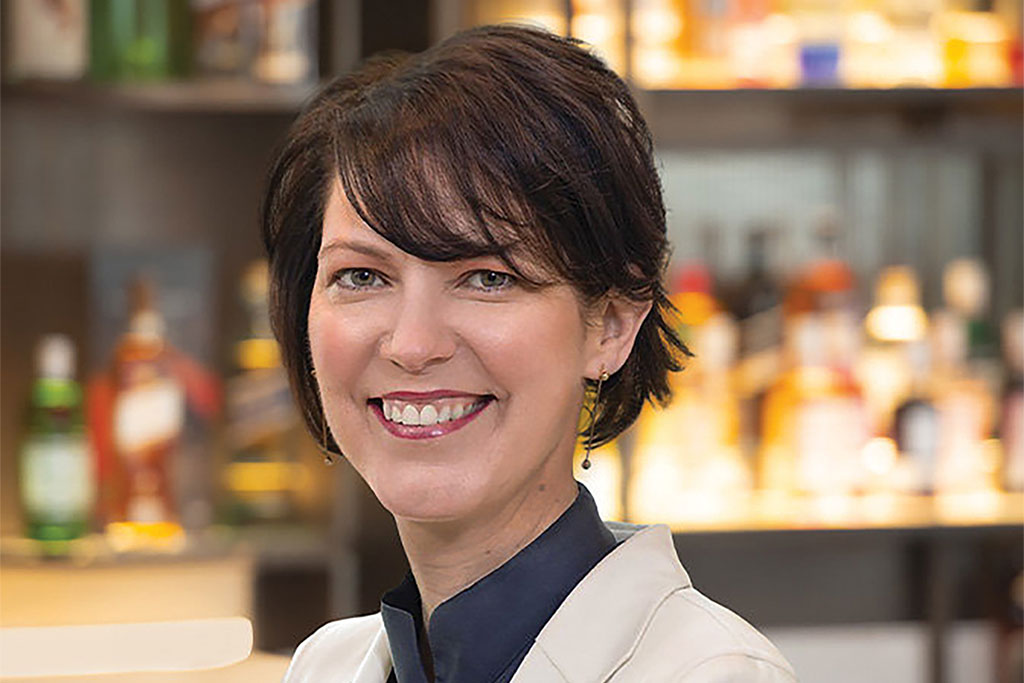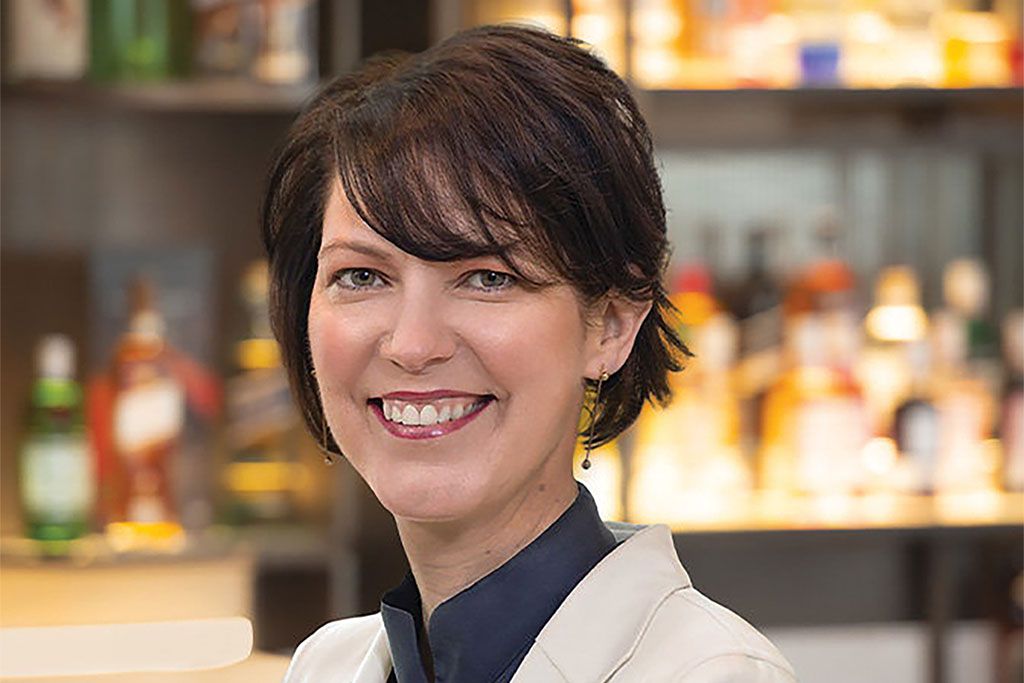
More bad news for drinks giant Diageo, says Jessica Newman in The Times. It has announced that the spectre of US tariffs and uncertainty in many of its markets had forced it to jettison a longstanding revenue growth target. Since 2021, the world’s largest producer of spirits has been targeting yearly organic sales growth of between 5% and 7% over the medium term. However, while the tariffs on goods imported to the US from Mexico were delayed by a month at the last minute, the company says the chance they may yet be imposed “adds further complexity” to its ability to predict future trading.
Diageo is right to be “cautious”, says eToro’s Adam Vettese. After all, the company is particularly exposed to the “spectre of tariffs” given that it imported $1.6 billion worth of tequila into the US last year. While Diageo has said it will take measures to temper the impact of 25% tariffs, there is a limit to what cost-cutting and inventory management can do when faced with such a “mammoth additional expense”. Although Diageo’s shares have struggled in recent months, “it’s difficult to bet against the price falling even further” if Trump follows through.
Diageo’s toxic cocktail
Tariffs aren’t the only issue causing “disquiet”, says Rob Davies in The Guardian. While Diageo’s share price reached a peak of £40 in early 2022, the company has since been hit by a “shock profits warning” and “adverse global consumer trends”. The stock is now on £23, near a seven-year trough. What’s more, longtime investor Terry Smith recently revealed his fund had dumped its stake in the company owing to his concerns that drinks companies were losing their defensive status, in addition to specific concerns about Diageo’s management.
Sign up to Money Morning
Don’t miss the latest investment and personal finances news, market analysis, plus money-saving tips with our free twice-daily newsletter
Don’t miss the latest investment and personal finances news, market analysis, plus money-saving tips with our free twice-daily newsletter
Even taking Donald Trump’s threatened trade frictions out of the equation, Diageo’s “heavy debt load and lacklustre growth” pose a major problem for the company’s future, says Aimee Donnellan on Breakingviews. Diageo’s adjusted net debt to Ebitda ratio is 3.1, a sharp rise from 2.3 in 2019. The need to get this down to a more sensible level may force CEO Debra Crew either to sacrifice investment, which could hamper growth, or sell assets in what is already a “pretty dire” market for drinks brands.
Nonetheless, at least Diageo’s shareholders aren’t alone in their misery, say Madeleine Speed and Harriet Agnew in the Financial Times. Growth in the wider drinks industry has stagnated as drinkers have reduced their alcohol intake “following an unprecedented boom during Covid-19 and the ensuing recovery”. Recent comments by the US surgeon-general that alcoholic drinks should carry a cancer warning, worries that weight-loss drugs may also be able to reduce alcohol consumption, and a growing trend towards moderation have “also caused jitters”. As a result, all spirits stocks have been “hammered”, with the sector now “trading at a significant discount to the wider consumer category”.
This article was first published in MoneyWeek’s magazine. Enjoy exclusive early access to news, opinion and analysis from our team of financial experts with a MoneyWeek subscription.



